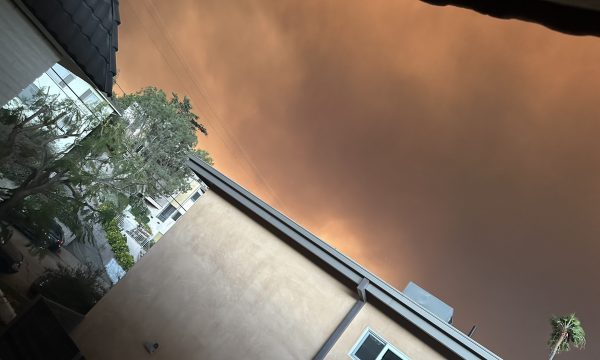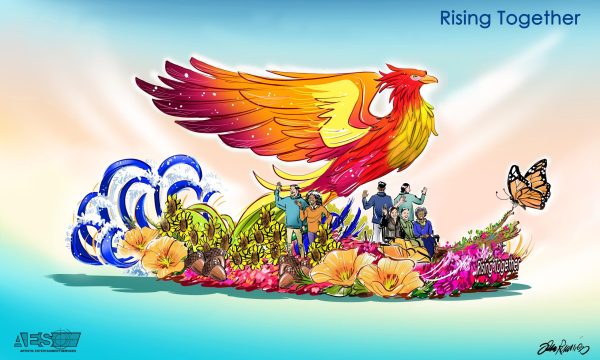Just one day before Naomi Judd was meant to be inducted into the Country Music Hall of Fame, she passed away. Judd was 76 years old. An exact cause of death was not shared, but Judd battled mental illness over the decades.
Her daughters, Wynonna Judd and Ashley Judd took to Instagram to share a statement, “Today we sisters experienced a tragedy. We lost our beautiful mother to the disease of mental illness,” the statement said. “We are shattered. We are navigating profound grief and know that as we loved her, she was loved by her public. We are in unknown territory.”
It was no secret that Judd struggled with depression over the years. In fact, she even wrote a book called “River of Time: My Descent into Depression and How I Emerged with Hope” in 2016. She spoke candid in news interviews about her treatment and that she wanted people to know that mental illness is “not a character flaw, it’s a stinking disease.”
Over the past few years, a light has been shed on mental health. From Britney Spears to other superstars speaking out about their struggles, it is clear that mental health issues are not reserved for any specific person.
Approximately 280 million people in the world have depression, according to Institute of Health Metrics and Evaluation.
Even film and TV series have depicted depression through storylines, especially among adolescence. The Netflix series “13 Reasons Why” shared resources and support for those who watched and were suffering or knew someone suffering from suicidal thoughts.
As the stigma lifts surrounding mental health, more people speak out. Even the World Health Organization launched the Mental Health Action Plan 2013-2030, which highlights the steps required to provide appropriate interventions for people with mental disorders including depression.
In the years leading up to Naomi Judd’s death, from her book to interviews, she was candid about her dark thoughts. She told Page Six about her attempted suicide at age 18 and other overwhelming thoughts.
Here are a handful of top resources for those in need of help due to mental illness, depression and more:
- SAMHSA’s National Helplineis a free, confidential, 24/7, 365-day-a-year treatment referral and information service (in English and Spanish) for individuals and families facing mental and/or substance use disorders.
- National Alliance on Mental Illness (NAMI) NAMI is the largest grassroots organization devoted to improving the lives of those affected by mental illness. Reach the help line at 800-950-NAMI (800-950-6264) or text “NAMI” to 741741.
- Anxiety and Depression Association of America (ADAA) If you’re looking for a therapist, check out the ADAA’s directory.
- National Institute of Mental Health (NIMH) The NIMH is the largest biomedical research organization in the world committed to understanding the treatment and prevention of mental disorders. It funds research “to transform the understanding and treatment of mental illnesses through basic and clinical research, paving the way for prevention, recovery, and cure.” If you’re interested in joining a study, visit its clinical trials page.
- Centers for Disease Control and Prevention The mental health resources from the CDC are a good source of public health information. Test your knowledge of mental illness in the Mental Health Quiz.
- American Psychological Association On the website for this professional organization of psychologists, learn how a psychologist can work with you to alleviate symptoms of depression. It also offers information on how to manage health and well-being while coping with depression and anxiety.
- American Psychiatric Association This medical society’s members work to ensure that people with mental illnesses, including substance use disorders, receive humane care and effective treatment. Educational material, as well as help finding a psychiatrist, is available on its website.














